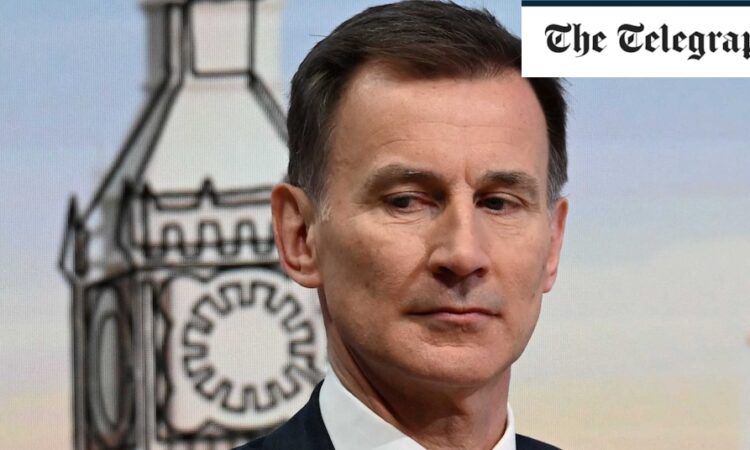
I wrote on Saturday about the political paralysis that surrounds any serious attempt to tackle the UK’s multiple economic weaknesses, and highlighted one glaring deficiency in particular – one of the worst savings rates in the OECD. This in turn stunts investment in the future, and lowers long-term growth.
In public policy, we routinely favour consumption over savings and investment; in doing so, we mortgage our future in order to support our current lifestyles.
Eventually, there will be a reckoning, a massive collision with reality which will see living standards and international standing substantially diminish. That point may come sooner than we would like.
But we have to remain optimistic, and consider what might be done in the meantime to at least partially correct the problem. Politically, it’s bound to be extremely difficult, because any attempt to force up Britain’s savings rate will necessarily eat into disposable incomes, leaving less money to spend on other things. But it is not impossible.
In a submission to the Chancellor late last year, the Capital Markets Investment Taskforce put the nature of the challenge succinctly. “As with the decline in retail investing in the UK, the decline in UK pension funds investing in the future of UK business has been …stark and contrary to the situation in other G7 countries, despite the pensions industry benefiting from over £60bn worth of taxpayer support.
“The data in aggregate suggests that, whilst the decline in retail investment has been 50pc, the decline in pension investment in the UK equity markets has been even more pronounced: falling from 53pc to 6pc of total assets over the last 25 years (a collapse of 89pc).
“This equates to a withdrawal of £1.9 trillion from UK equity markets over that period, a sizeable amount of which is now invested in the homegrown businesses of other countries. Equity markets exist to finance the economy they are founded in. Many jurisdictions across the world have a strong domestic investor base that invests in its own economy and is incentivised to do so”. But not in Britain.
To be fair on Jeremy Hunt, the Chancellor, he wholly gets the problem, and is desperate to do something about it. The Mansion House reforms and plans for an all British Isa are a reasonable start, but they don’t go nearly far enough, and in themselves are unlikely to make a sizeable difference.
Hunt understandably shrinks away from the idea of outright coercion, but it is as plain as a pikestaff that something has to be done to shift the dial and get the country saving to invest in the UK’s future once more.
The National Employment Savings Trust (Nest) is as good a place to start as any. This sets out to provide a bare minimum of workplace pension saving by auto-enrolling employees into the scheme unless they actively opt out. Since its launch in 2008, it has been relatively successful, with 12.5 million members at the last count and £33bn of funds under management.
In the scale of global savings, this is still nevertheless tiny. As things stand, no more than 8pc of income needs to be contributed – half by the employee and half by the employer – which is not enough either to provide a reasonable pension in retirement or to make much of a difference to the overall savings rate. In an ideal world, it would be progressively increased to around 20pc of income.
Something also needs to be done about asset allocation. Of the fund’s top 10 equity investments, not a single one is even European, let alone British. Hey ho.
This article is an extract from The Telegraph’s Economic Intelligence newsletter. Sign up here to get exclusive insight from two of the UK’s leading economic commentators – Ambrose Evans-Pritchard and Jeremy Warner – delivered direct to your inbox every Tuesday.






